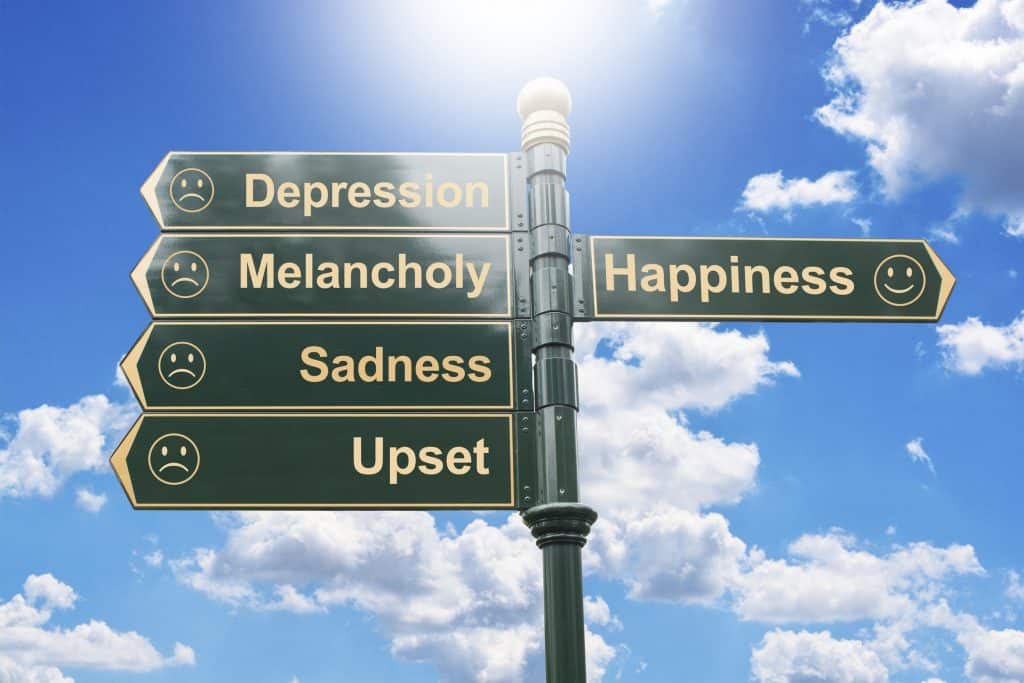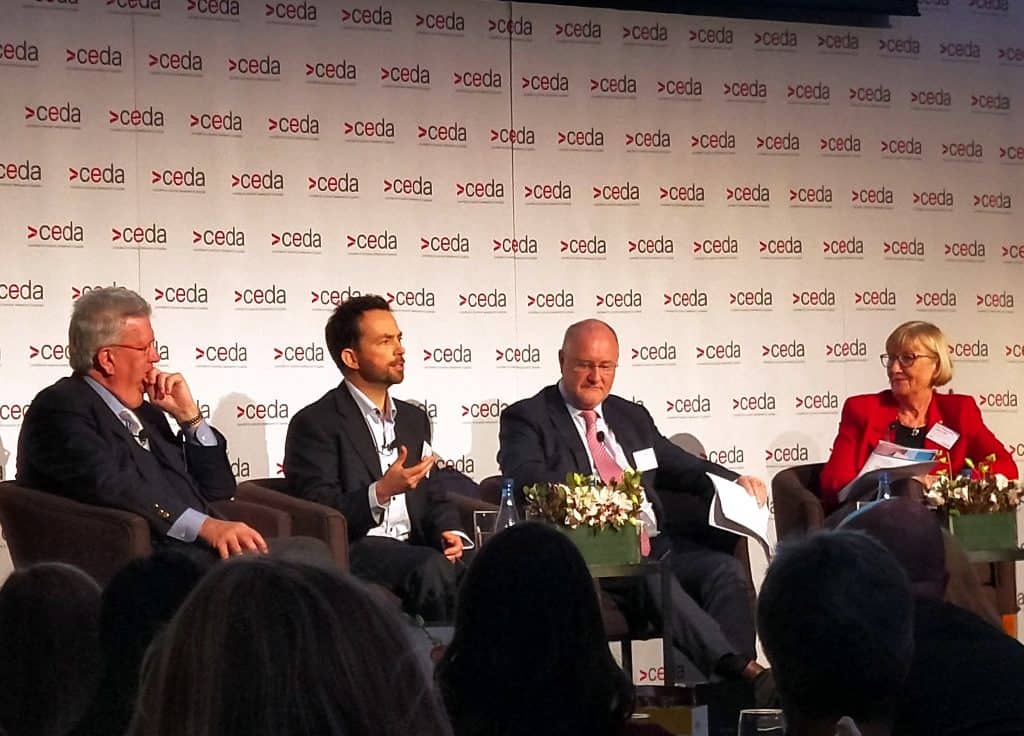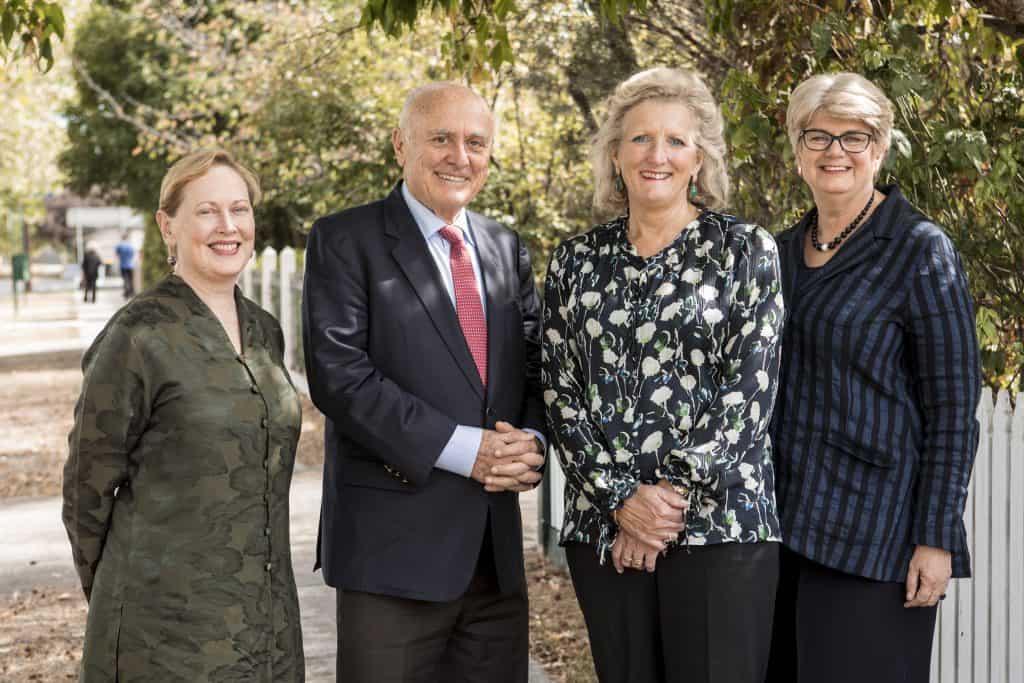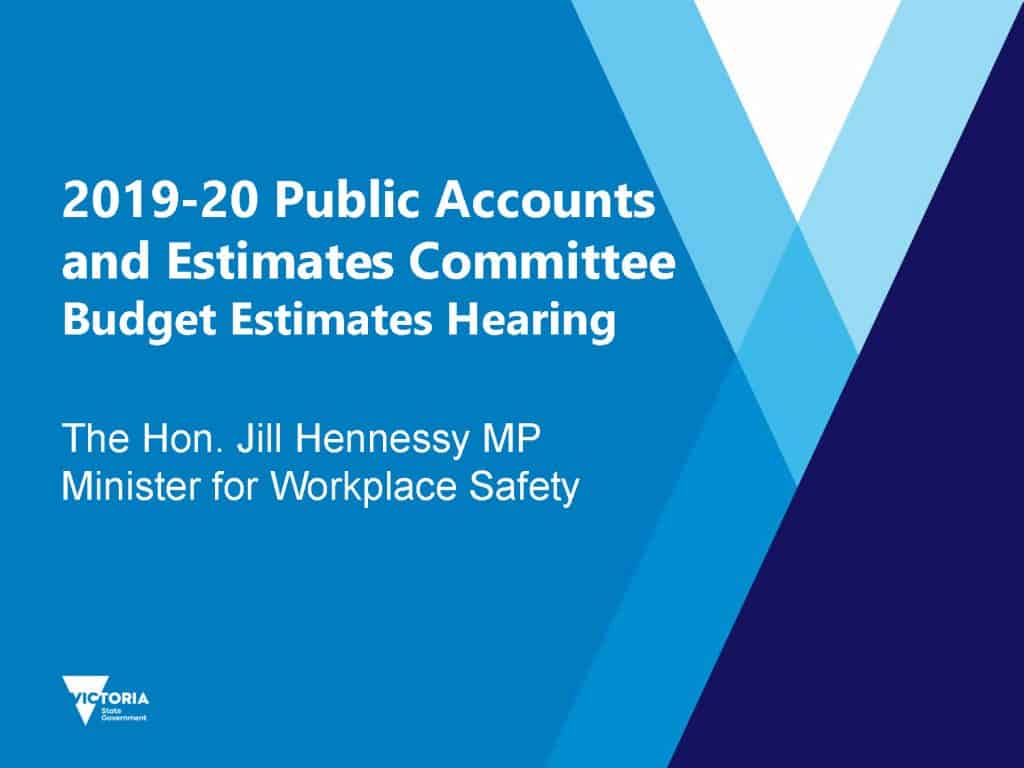
The need to reduce Red Tape is getting another run in Australia through the lobbying of the Business Council 0f Australia and its CEO, Jennifer Westacott. “Red Tape” can be defined in many ways but it is often synonymous with government interference, of which occupational health and safety (OHS) regulation and enforcement is considered part.
In an interview with Laura Tchilinguirian on ABC News Radio on 16 September 2019 Westacott said that the community, which sounds mostly like business people:




